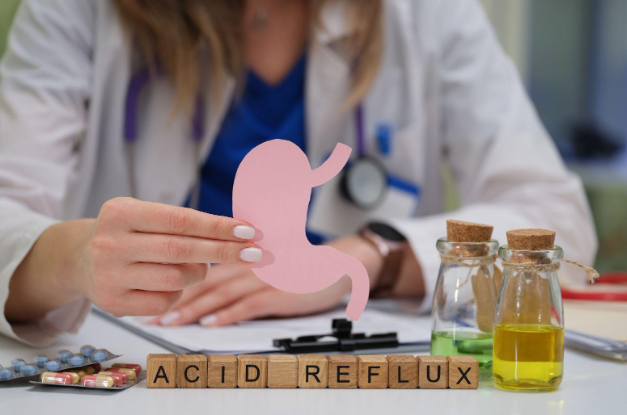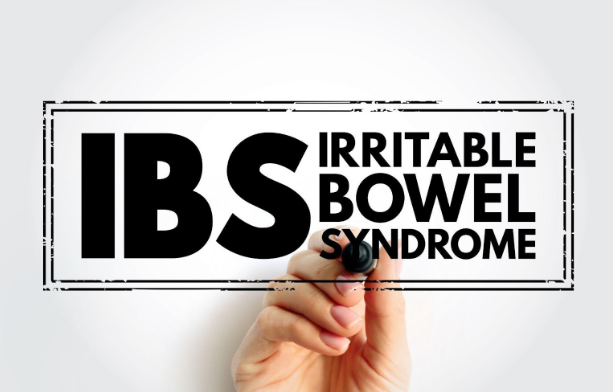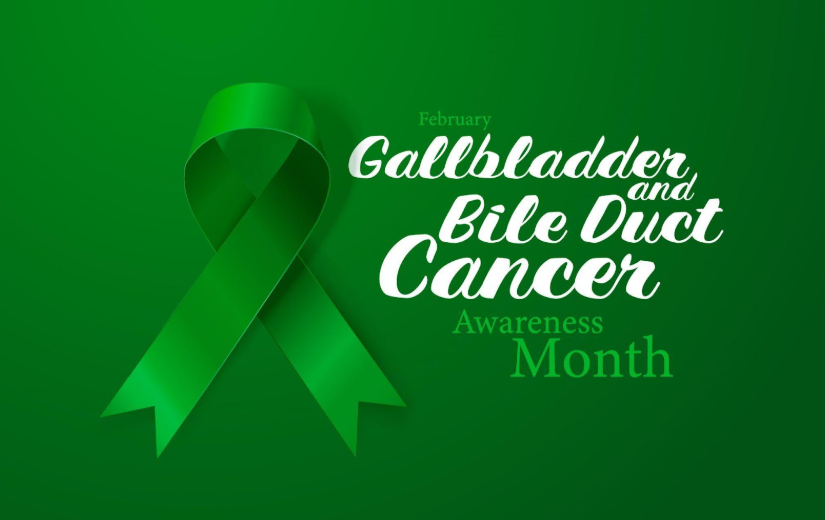Can Fatty Liver Disease Be Treated?

Fatty liver disease, or its more formal name, nonalcoholic fatty liver disease (NAFLD), isn't something you want to ignore. NAFLD stealthily accumulates fat in your liver cells, which can lead to inflammation and even progress to more serious liver conditions. The worst part? It often does this without any warning signs, making it a real health issue that demands our attention.
Believe it or not, approximately a
quarter of the world's population is grappling with NAFLD to some degree. It's a staggering number, but when you think about the increasing prevalence of risk factors like obesity and sedentary lifestyles, it starts to make sense. The liver, a vital player in our health, deserves more respect. We need to tackle NAFLD head-on to prevent it from evolving into nastier conditions like non-alcoholic steatohepatitis (NASH), cirrhosis, or even liver cancer. Keep in mind that this condition doesn't just affect adults; children and adolescents can also find themselves with NAFLD.
So, let's roll up our sleeves and dive into the causes, management, and treatment options for NAFLD. Together, we'll uncover the secrets to fighting this stealthy foe.
Decoding Fatty Liver Disease
Nonalcoholic fatty liver disease is a common and potentially dangerous condition that primarily affects those who don't indulge in alcoholic beverages. NAFLD is a spectrum of liver issues, including:
- Simple Fatty Liver (Steatosis): This is the gentlest form of NAFLD, marked by fat buildup in liver cells without the drama of inflammation. It's like a quiet, unassuming houseguest, often causing no symptoms, but it can evolve into something more sinister.
- Non-Alcoholic Steatohepatitis (NASH): NASH, on the other hand, is the feistier sibling of NAFLD. Along with fat buildup, it throws in some liver inflammation and, in some cases, cell damage. NASH's reputation is worrisome because it can pave the way to cirrhosis and liver cancer.
Causes and Risk Factors of NAFLD
So, what are the culprits behind this liver drama? Obesity, insulin resistance, greasy diets, and sedentary living are top suspects. Excess body weight, especially around the belly, is a prime accomplice of NAFLD. The liver's fat stash often correlates with obesity. Those with insulin resistance or type 2 diabetes are more susceptible to NAFLD as well because insulin resistance opens the floodgates for more fat storage in the liver.
Feasting on a diet filled with saturated fats, trans fats, sugar, and refined carbs? You might be rolling out the red carpet for NAFLD. And don't even get us started on the impact of living a sedentary lifestyle: it's like adding fuel to the fire, exacerbating obesity, and accelerating the NAFLD train.
Detective Work and Diagnosis
In the early stages, NAFLD tends to be a silent predator, hiding in the shadows. As it progresses, some people start to feel the signs, like fatigue, pain in the upper right abdomen, and an expanding liver. In extreme cases, it might lead to jaundice, itching, and belly swelling.
Diagnosing NAFLD usually kicks off with a physical examination and a deep dive into your medical history. Blood tests are often used to gauge liver function and check for elevated liver enzymes. To catch that fat build-up in action, imaging studies like ultrasounds, CT scans, and MRIs come in. When things get murkier, a liver biopsy might be the final piece of evidence needed to confirm the diagnosis and assess the extent of the liver's involvement, though this step is usually reserved for more advanced cases.
Changing Your Lifestyle to Battle Fatty Liver Disease
Now, it's time to turn the tables on NAFLD with some strategic lifestyle moves:
Mastering Your Diet
A balanced diet is your secret weapon against NAFLD. What you eat can help with weight management and liver health, battling inflammation and halting the disease's progression. Swap those artery-clogging saturated fats, sugars, and refined carbs for whole grains, lean proteins, fruits, and veggies.
Steer clear of sugary drinks, greasy fries, processed snacks, and excessive red meat indulgence as much as possible. Instead, load up on antioxidants (like berries and green tea), omega-3 fatty acids (found in salmon and walnuts), and dietary fiber (whole grains and legumes) to nurture your liver back to health.
Obesity's Role in Liver Health
Excess body weight, especially the belly bulge, sets the stage for insulin resistance and more fat in the liver. Shedding those extra pounds is often your most potent weapon for liver health. But don't go for quick fixes or crash diets; they're like trying to win a marathon in a sprint. The key is gradual and sustainable weight loss achieved through a mix of diet changes and regular exercise. The saying “slow and steady wins the race” cannot be more true when it comes to weight loss.
To do this safely, trim your calorie intake, manage portion sizes, and stay far away from crash diets. Exercise is another ally in the fight against NAFLD, helping with weight loss and boosting insulin sensitivity. Embrace both aerobic exercises like walking or swimming and strength training to claim victory. Aim for at least 150 minutes of moderate-intensity aerobic exercise every week, plus muscle-strengthening workouts on two or more days.
Medical Tools and Interventions
As of now, there isn't a magic pill approved by the FDA to cure NAFLD. But researchers are hard at work, testing various drugs to combat NAFLD and its more sinister cousin, nonalcoholic steatohepatitis (NASH).
Vitamin E sometimes steps into the ring as a supplement for those with NASH, especially if liver fibrosis is in the picture. It's believed to have antioxidant powers that can quell inflammation and liver damage. But be cautious! Vitamin E supplementation needs close monitoring to avoid unwanted side effects. Other contenders, like omega-3 fatty acids and probiotics, are also being examined for their NAFLD-fighting potential.
FibroScan and CAP
When it comes to non-invasive diagnostic tools, most turn to FibroScan and CAP. They're here to help healthcare providers gauge the extent of liver fibrosis and fat content in NAFLD and NASH patients.
FibroScan pulls off this magic trick by measuring liver stiffness and fat content using ultrasound-based elastography. It's a painless procedure that serves up essential information about the severity of liver damage, guiding the way forward.
CAP is often used alongside FibroScan to spill the beans on liver fat content. This numeric readout is gold for determining just how much trouble your liver is in.
A Drastic Option: Bariatric Surgery
For those deep into obesity-related NAFLD with severe liver fibrosis, bariatric surgery could be the lifeline. Procedures like gastric bypass or sleeve gastrectomy can lead to incredible improvements in liver health. They may even pull off the miraculous feat of reversing fibrosis. However, this decision isn't made lightly: it comes with its own set of risks and benefits that should be carefully weighed.
The Last Resort: Liver Transplantation
Liver transplantation is the endgame for individuals with end-stage liver disease due to NAFLD. It's a rare scenario, but when other treatments have thrown in the towel and your liver is seriously damaged, it might be the only way out. This extreme measure involves swapping out your worn-out liver for a fresh one from a donor.
Watching and Waiting
Regular check-ins with your medical team are your lifeline when it comes to NAFLD. The frequency of these appointments can vary depending on the severity of your condition and your treatment plan, but every 6 to 12 months is a typical timeline.
These check-ups involve blood tests to keep tabs on liver function, including those liver enzymes and other markers. They're like a crystal ball in the ever-changing landscape of your liver, providing vital information about how you're responding to treatment. Plus, they're a safety net for spotting potential complications, like cirrhosis or liver cancer, before they gain the upper hand.
Preventing Fatty Liver Disease
The best way to win any battle is to avoid the fight altogether. Preventing NAFLD should be our top priority, given its ever-increasing presence and the potential for devastating liver-related complications. The first step is raising awareness about the condition and its risk factors and arming ourselves with knowledge to safeguard our liver's well-being.
So, here are some battle-tested lifestyle and dietary tips for preventing NAFLD:
- Mindful Alcohol Sipping: NAFLD doesn't blame alcohol for its existence, but it's like adding insult to injury. If you do enjoy a drink now and then, do so in moderation and keep an eye on how it's affecting your liver.
- Exercise for Victory: Regular physical activity is your ally in the quest for a healthy liver. It maintains your weight, improves insulin sensitivity, and whittles down liver fat. Aim for at least 150 minutes of moderate-intensity aerobic exercise each week to stay in top form.
- Steady and Sustainable Weight Loss: Crash diets and extreme weight loss methods aren’t the best things for your liver. Go for gradual, long-term weight loss strategies that will help your liver breathe easily.
- Stay Hydrated: Don't forget the power of H2O. Drinking enough water supports your overall health, including your liver's role in keeping you in peak condition.
Northlake Gastroenterology Associates wants to make sure gastroenterology is the least of your worries. With our experienced team, you’ll be right as rain in no time. Have any concerns you want to bring up? Then contact us today to
schedule an appointment and let us put your mind at ease.












